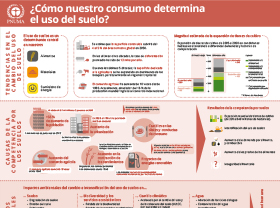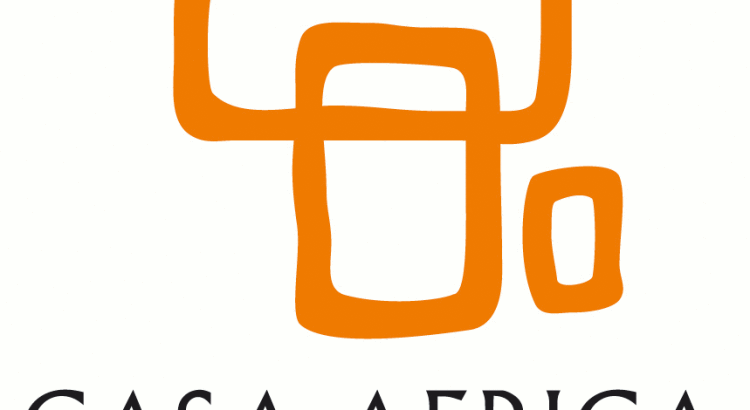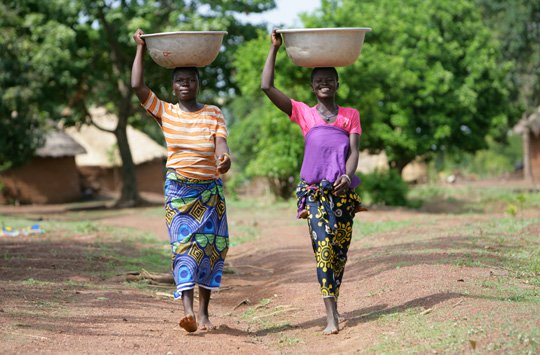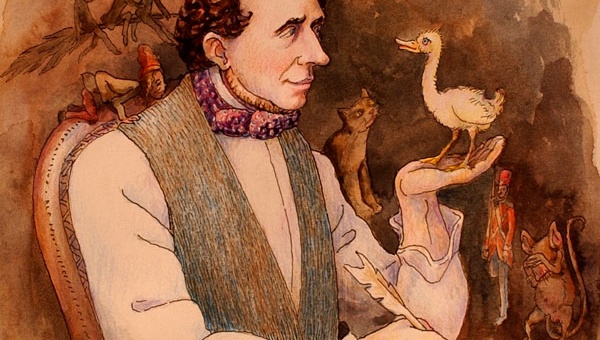Alejandra Laprea autora
Ilustración Nathaly Bonilla
En el 2 do Encuentro de Organizaciones Feministas y de Mujeres, que convocó la Red La Araña Feminista, se tocó el tema de “Despatriarcalización de la Cultura” (Clarines, agosto de 2013).
El tema cultural hasta este año, estuvo latente en todas las discusiones del movimiento feminista, un poco bajo la premisa de que cultura es todo. Pero en este encuentro, se abordó el tema desde la producción cultural artística y sobre todo desde la reflexión sobre las personas que crean y como estas pueden ser agentes de reproducción del patriarcado o primer bastión de lucha en su contra.
Uno de los primeros puntos de discusión fue la presencia del patriarcado en las manifestaciones culturales revolucionarias. señalando que en nuestras mismas compañeras y compañeros de lucha y sus formas de expresión artística estaba presente, que estábamos reproduciendo el modelo colonizador en su aspecto patriarcal en nuestras obras, en nuestra formas de difusión, de investigación. Esta reproducción se hace desde el desconocimiento, desde la falta de reflexión y desde el pensar que los asuntos de las mujeres no son prioridad, pensamiento patriarcal muy frecuente entre las fuerzas revolucionarias.
El capitalismo en nuestro continente y en nuestro país se apoya firmemente en la colonialidad y esta a su vez tiene dos grandes columnas que la soportan: el racismo y el patriarcado. Es así que, la lucha feminista contra el patriarcado no puede ser tomada como la reivindicación de un sector, sino como parte de la estrategia contra el capitalismo. En la mesa de trabajo se planteó como primer objetivo táctico la despatriarcalización de la cultura de la revolución.
Para esto, se planteó la importancia de abrir espacios de discusión con las creadoras y creadores sobre el feminismo, mujeres y género, para sumar aliadas y aliados que empiecen a crear nuevos discursos en sus obras artísticas, que no reproduzcan en sus actividades de difusión y distribución la invisibilización del aporte femenino, de la producción de las mujeres sino, muy al contrario, que hagan un esfuerzo para que en cada muestra, en cada publicación, en cada investigación estén presente mujeres y hombres en equidad.
También se propuso crear espacios donde se confronten públicamente las creaciones artísticas machistas, que reproducen y fortalecen al patriarcado, despertando desde ahí el pensamiento crítico y liberador en la sociedad.
El MPP para la Cultura, como parte de un Estado Revolucionario, debe plantear a los creadores y creadoras actividades como festivales, concursos, líneas de investigación que estimulen la relectura de las imágenes de las mujeres en sus obras y las hagan más justas con su aporte cultural, social y político.
El principio de equidad de género debe ser asumido como política transversal en todas las áreas de influencia del MPP para la Cultura del Estado Revolucionario, esto significa que en todas sus plataformas se publiquen, distribuyan y promocionen obras audiovisuales, plásticas, musicales, literarias, etc, cuya autoría sea de mujeres en igual proporción que la de los varones y que en las áreas donde no haya suficiente presencia femenina se estimule la participación de la mujer.
Recuperar la historia del país, las regiones, los pueblos y reescribirla desde el protagonismo tanto de las mujeres como de los varones es otro de los retos que se considera necesario asumir desde todos los niveles de investigación, difusión o publicación.
El asumir la equidad de género como política transversal de cultura no es abrir espacios especiales, en momentos especiales, solo para mujeres. Es hacer conciencia de los mecanismos que dentro del sistema de cultura no hacen posible la participación en igualdad de condiciones de mujeres y varones y abolirlos. Es entender que en toda manifestación cultural hay expresión tanto de mujeres como de varones y presentarlas. Es cuestionar el sistema de valores machista que nos lleva a valorar unas obras sobre otras y desmontarlo.












 Users Today : 17
Users Today : 17 Total Users : 35460640
Total Users : 35460640 Views Today : 36
Views Today : 36 Total views : 3419686
Total views : 3419686